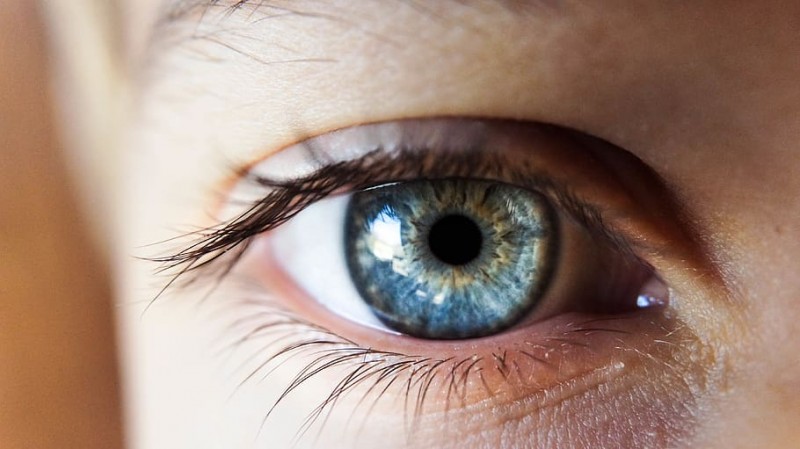
When it comes to our health, paying attention to subtle signals can often make a significant difference. Did you know that your eyes could potentially send you warning signs about a stroke? Yes, that's right! Your eyes are not just windows to the world; they can sometimes provide valuable insights into your overall health. In this article, we'll explore the connection between your vision and stroke warning signs. So, let's dive right in and learn what your eyes might be trying to tell you.
Before we delve into the connection between your eyes and strokes, let's briefly understand what a stroke is. A stroke occurs when there's a disruption in the blood supply to the brain. This can happen due to a blocked blood vessel (ischemic stroke) or a ruptured blood vessel (hemorrhagic stroke). Strokes are serious medical emergencies that require immediate attention, as they can lead to lasting brain damage and other complications.
Believe it or not, your eyes can sometimes act as messengers, indicating that a stroke might be on the horizon. Certain changes in your vision can serve as warning signs. Here are some ways your eyes might be trying to communicate with you:
If you experience a sudden and unexplained loss of vision or blurred vision in one or both eyes, it could be a red flag for a stroke. This might occur because the blood supply to the part of the brain responsible for vision has been compromised.
Seeing double, especially when it's accompanied by other symptoms like dizziness or loss of coordination, could indicate a stroke. Double vision might occur due to the disruption of nerve signals that control eye movements.
A sudden onset of visual disturbances, such as seeing flashing lights, zig-zag patterns, or blind spots, could be a warning sign. These visual disruptions might occur because of abnormal electrical activity in the brain, which can happen during a stroke.
One of the most significant connections between your eyes and strokes lies in a condition called retinal artery occlusion. This occurs when the blood flow to the retinal artery, which supplies blood to the retina, is blocked. The retina is the part of the eye responsible for transmitting visual information to the brain. A blockage in the retinal artery can occur due to a blood clot or other debris.
How can you tell if retinal artery occlusion might be happening? There are a few key signs to watch out for:
If you experience a sudden and painless loss of vision in one eye, it could be due to retinal artery occlusion. This is often described as a curtain-like effect descending over your vision.
Vision in the affected eye might appear cloudy or hazy, making it difficult to see clearly.
The eye might take on a pale appearance, indicating reduced blood flow to the retina.
If you notice any of the above symptoms or any sudden changes in your vision, it's crucial to seek medical attention promptly. Remember, time is of the essence when it comes to strokes, as early intervention can significantly improve outcomes.
While some risk factors for strokes are beyond your control, such as age and family history, there are several lifestyle changes you can make to reduce your risk:
Eating a balanced diet rich in fruits, vegetables, whole grains, lean proteins, and healthy fats can contribute to overall heart health.
Regular physical activity can help manage weight, lower blood pressure, and improve cardiovascular health.
High blood pressure is a significant risk factor for strokes. Regularly monitor your blood pressure and follow your doctor's recommendations to keep it under control.
Chronic stress can contribute to various health issues, including stroke risk. Find healthy ways to manage stress, such as through exercise, meditation, or hobbies you enjoy.
Smoking damages blood vessels and significantly increases stroke risk. Additionally, excessive alcohol consumption can also contribute to stroke risk, so it's best to limit your intake.
Your eyes are remarkable indicators of your overall health, and sometimes they might be sending you crucial warning signals about potential strokes. Sudden changes in vision, particularly those accompanied by other symptoms, should never be ignored. Being proactive about your health, making necessary lifestyle changes, and seeking medical attention when needed can go a long way in reducing your risk of strokes. So, the next time you notice something unusual about your vision, consider it a message worth paying attention to.
The Health Benefits of Clove Tea